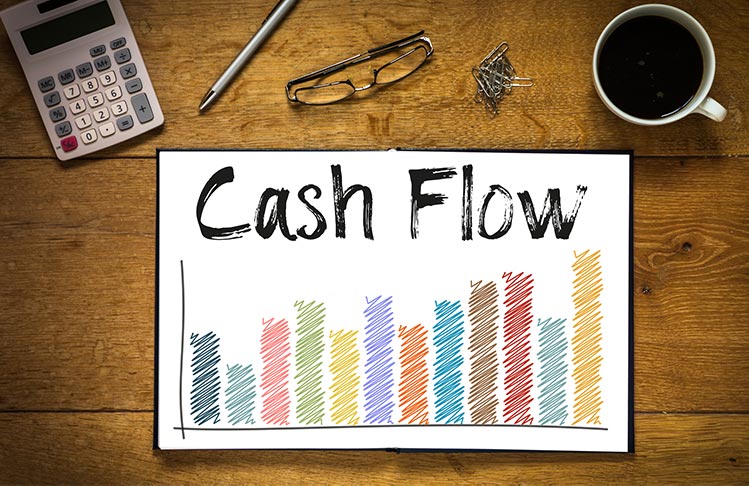
Real estate investing provides a number of tax advantages for investors. This is because not all expenses impact a real estate investment’s cash flow. An investor can show a loss on their investment but still have positive cash flow. That is the difference between pre-tax and after-tax cash flow. Let’s see how it works.
Calculating Before-Tax Cash Flow
We’ll go through the calculation details using a $1,000,000 residential property that generates $10,000 per month in rental income.
$10,000: Rental income
+ $1,500: Other income (pets, views, laundry machines, covered parking, garages)
= $11,500: Total income
Subtract vacancy allowance, bad debt, and promo/free rent
- $1,000: 10% general vacancy loss
- $500: Credit loss or bad debt
- $500: Free rent
$9,500 = Gross income
Subtract operating expense:
$550: Property taxes
$450: Insurance
$1,000: Repairs and maintenance (10%)
$1,000: Property management (10%)
$500: Other fees
$6,000 = Net operating income (NOI) — 60% of rental income
- $5,000: debt service (assuming 20% down at 6.5% interest for 30 years)
= $1,000: Net monthly cash flow — 10% of rental income
$12,000: Annual cash flow
The above calculations show that the property should add $1,000/mo to the investor’s bank account or $12,000 per year. Note that we haven’t accounted for capital expenditures or related savings.
After-Tax Cash Flow
The $12,000 from above isn’t the investment’s profit or the amount that will be taxed. Instead, it is called the pre-tax cash flow, which is positive in this case. We still have to factor in depreciation to get the after-tax cash flow.
Using straight-line depreciation, the depreciation expense will be ~3.6% of the property’s value or $36,000 per year. Once this figure is taken into consideration, the property made:
$12,000: Pre-tax income
- $36,000: Depreciation
= -$24,000
Factoring in depreciation, the property did not generate a profit and showed a loss for the year. However, this is a paper loss since the property has a positive cash flow. The investment still has $12,000 in the bank for the year. That’s why depreciation is referred to as a paper expense.
There are no taxes owed on this property because it did not generate a profit. So there is nothing to tax. If the property had made a profit, the investor would have paid taxes depending on their tax bracket. After paying taxes, whatever is left would be the after-tax cash flow.
This investment is taxable. Some investments are tax-sheltered, such as those in certain DSTs. In other words, the income on tax-sheltered investments isn’t taxed.
Tax situations are complex and unique to each individual. That’s why it is important to speak with a tax advisor when seeking advice on tax scenarios.
This material is for general information and educational purposes only. Information is based on data gathered from what we believe are reliable sources. It is not guaranteed as to accuracy, does not purport to be complete and is not intended to be used as a primary basis for investment decisions. Realized does not provide tax or legal advice. This material is not a substitute for seeking the advice of a qualified professional for your individual situation. The income stream and depreciation schedule for any investment property may affect the property owner’s income bracket and/or tax status. An unfavorable tax ruling may cancel deferral of capital gains and result in immediate tax liabilities. Hypothetical example is for illustrative purposes only. Actual results may vary and be more or less favorable than shown.



